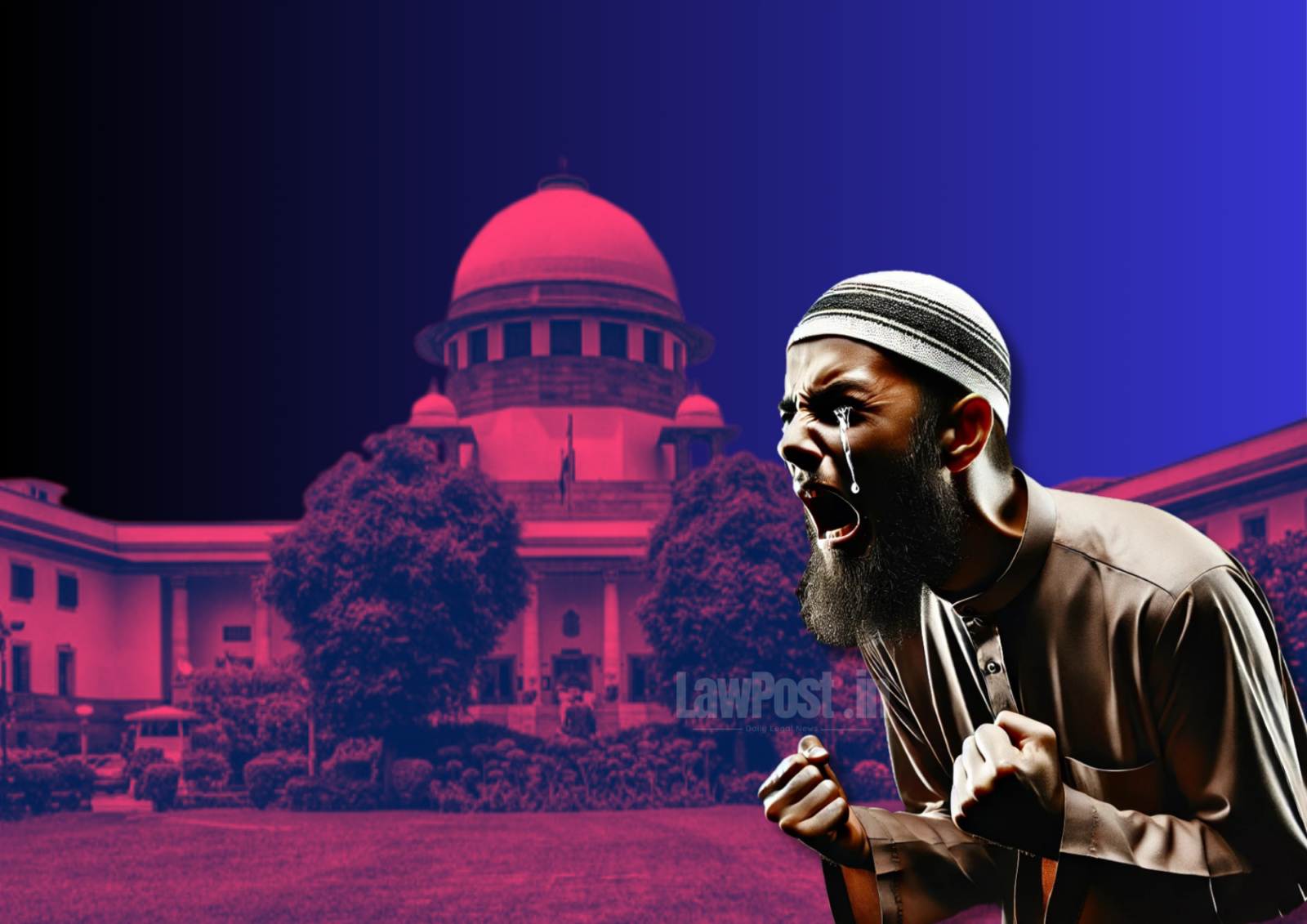In a significant hearing on the petitions challenging the Waqf (Amendment) Act, 2025, the Supreme Court on Wednesday raised sharp questions about the Centre’s move to alter the composition and powers of Waqf Boards in India. The three-judge Bench comprising Chief Justice of India Sanjiv Khanna, and Justices PV Sanjay Kumar and KV Viswanathan is expected to deliver an interim order on Thursday.
The contentious amendments — which allow non-Muslims to be appointed to the Central Waqf Council and state Waqf Boards — were at the heart of the debate, drawing criticism from senior lawyers and prompting pointed observations from the Bench.
“Will you include Muslims in Hindu endowment boards?”
CJI Khanna grilled Solicitor General Tushar Mehta on the rationale behind including non-Muslims in Muslim religious boards.
“Mr Mehta, are you saying that from now on you will allow Muslims to be part of the Hindu endowment boards? Say it openly!” the CJI asked pointedly.
The remark underscored the Bench’s concern about religious parity and the potential for selective application of secular principles.
“You cannot rewrite history”: CJI on de-notification of waqf properties
The Court expressed concern over the amended law’s provision allowing previously declared waqf properties — including those centuries old — to be re-evaluated and possibly de-notified.
“When a public trust is declared to be a Waqf 100 or 200 years ago… suddenly you say it is being taken over by the Waqf board and declared otherwise,” said CJI Khanna.
“You cannot rewrite the past,” he added firmly.
The Court highlighted the difficulty of proving title or ownership of properties such as mosques that have existed since the 14th or 15th century.
“Before the British came, we did not have any registration or Transfer of Property Act. Many masjids will be in 14th or 15th century… Suppose Jama Masjid,” observed the Bench.
In response, SG Mehta questioned why these properties had not been registered.
“What stopped them from registering it?” he asked.
“Judges lose religion on the Bench”
Reacting strongly to the Solicitor General’s reference to the Hindu identity of the judges, CJI Khanna made it clear that religious identity has no place in judicial decision-making.
“What! When we sit over here, we lose our religion. For us, both sides are the same,” the CJI asserted.
“How can you compare it with the judges? Why not have non-Muslims also in the advisory board of Hindu endowments then?”
Collector’s powers under scanner
Another amendment under challenge is the expanded authority given to Collectors in determining whether a property is waqf.
“Is that fair? The moment Collector starts deciding it, it stops being Waqf! Is it fair?” the Court questioned, indicating possible overreach of executive power into religious matters.
As arguments concluded for the day, all eyes are now on the Supreme Court’s interim order, which is expected to have far-reaching implications on the governance of religious endowments in India.








